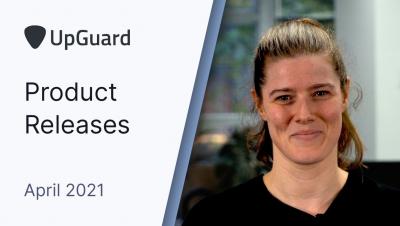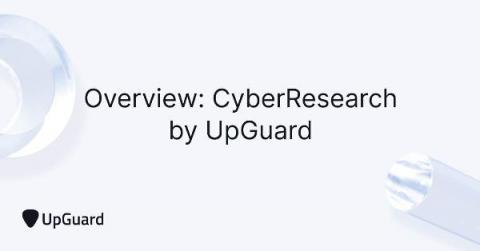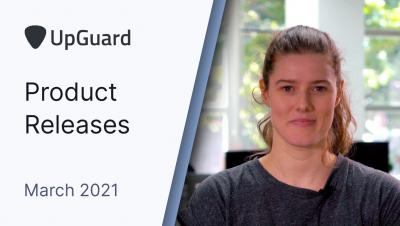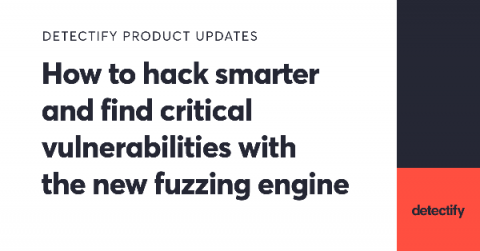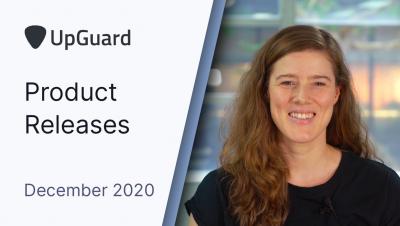Security | Threat Detection | Cyberattacks | DevSecOps | Compliance
Product Release
Secure coding with Snyk's new JetBrains IDE plugin
We’re pleased to announce our new plugin for JetBrains IDEs, making it easier for developers to find and fix security issues as they code! Snyk’s new free JetBrains IDE plugin enables developers using IntelliJ IDEA and WebStorm to easily find and fix known vulnerabilities in their open source dependencies as well as any security issues and bugs in their own code.
View and report on all of your Snyk Infrastructure as Code configuration issues
We’re pleased to announce support for viewing all of your Snyk Infrastructure as Code (Snyk IaC) configuration issues in the reporting functionality of the Snyk platform.
Overview: CyberResearch by UpGuard
UpGuard has launched an exciting new product called CyberResearch. This post summarizes the solution and its key features. CyberResearch is a suite of fully managed services, encompassing third-party risk and data leak detection. This world-first innovation is designed to further reduce the risk of data breaches while making it easier than ever before to scale your cybersecurity efforts.
What's new in UpGuard | March 2021 | Cyber Security Product Releases
How to hack smarter and find critical vulnerabilities with the new fuzzing engine
There is a common tendency that the typical DAST scanner finds the easiest to locate known security vulnerabilities. If you need to find vulnerabilities that are more difficult to detect – you need the help of security experts. But what if the DAST product could behave more like an automated hacker? The Security Research team at Detectify set themselves up to solve this problem and fundamentally upgrade the way we do fuzzing in our vulnerability scanner, Deep Scan.
Product Launch & Roadmap | UpGuard Summit February 2021
Industry-First Pay-as-you-go SaaS Platform for Kubernetes Security and Observability
We are excited to introduce Calico Cloud, a pay-as-you-go SaaS platform for Kubernetes security and observability. With Calico Cloud, users only pay for services consumed and are billed monthly, getting immediate value without upfront investment.
Next Level Automation: What's New with Splunk Phantom
Splunk Phantom 4.10 introduced many new enhancements, including the ability to develop playbooks in Python 3. In fact, Python 3 is now the default for Splunk Phantom playbooks. In doing so, we needed to create two different “playbook runners” to ensure we could continue to support playbooks written in Python 2.7 while also supporting Python 3.


